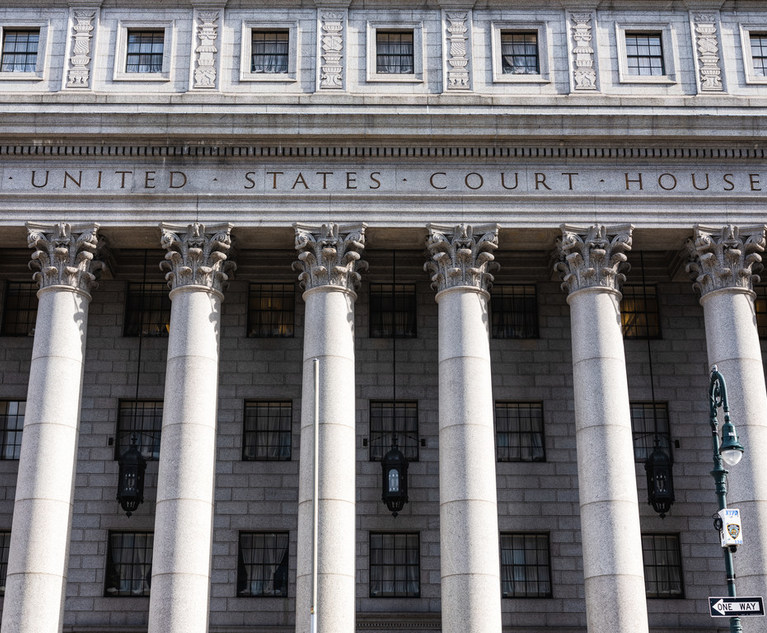Arbitration provisions are ubiquitous in commercial contracts. Notwithstanding the existence of arbitration clauses, lawsuits are often filed in court, forcing the other side to file a motion to compel arbitration. In the event a court denies such a motion and the denial is appealed, a simple, yet surprisingly unresolved procedural question arises: Is the case automatically stayed pending appeal? This term, in Coinbase v Bielski, the U.S. Supreme Court will decide that issue for cases governed by the Federal Arbitration Act (FAA).
FAA Background
In 1988, Congress amended the FAA by adding Section 16(a), which provides that an “appeal may be taken from” orders refusing arbitration—including orders “denying a petition” to require arbitration under Section 4 of the FAA, orders denying an application “to compel arbitration” under Section 206 of the FAA, and orders “refusing a stay of any action” under Section 3 of the FAA. 9 U.S.C. Section 16(a). Any litigant who moves to require arbitration “is entitled to an immediate appeal from denial of that motion.” Arthur Andersen v. Carlisle, 556 U.S. 624, 627 (2009).







